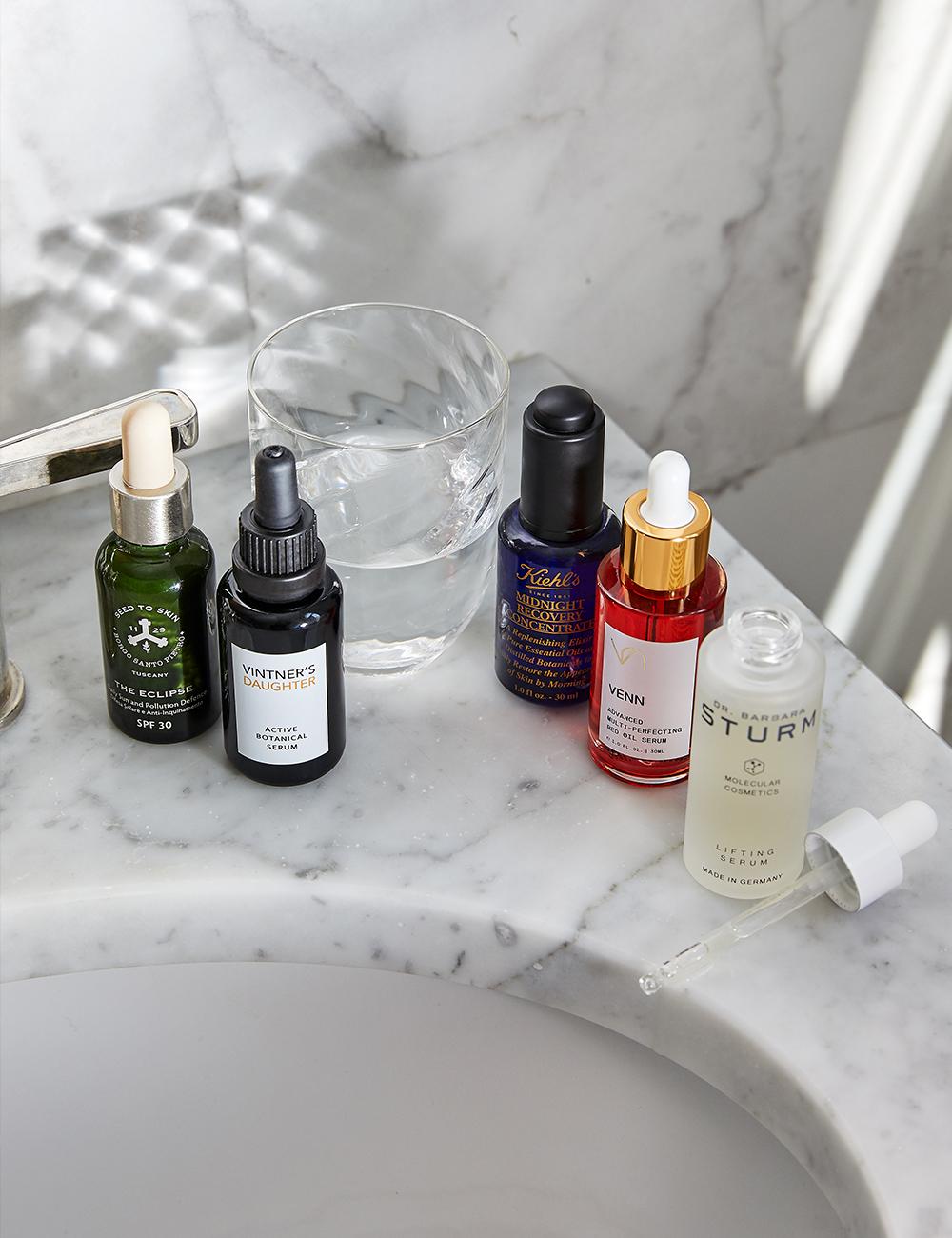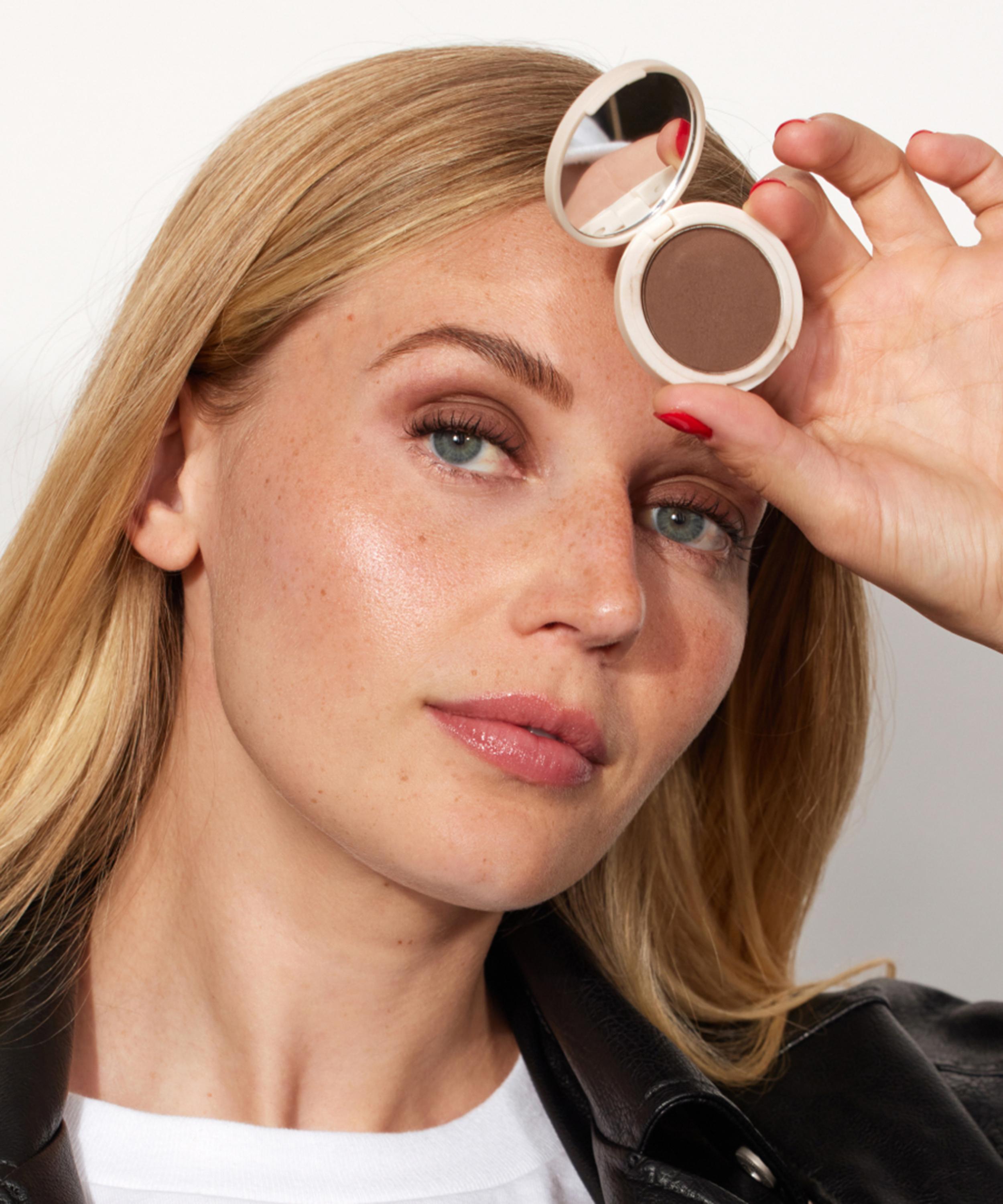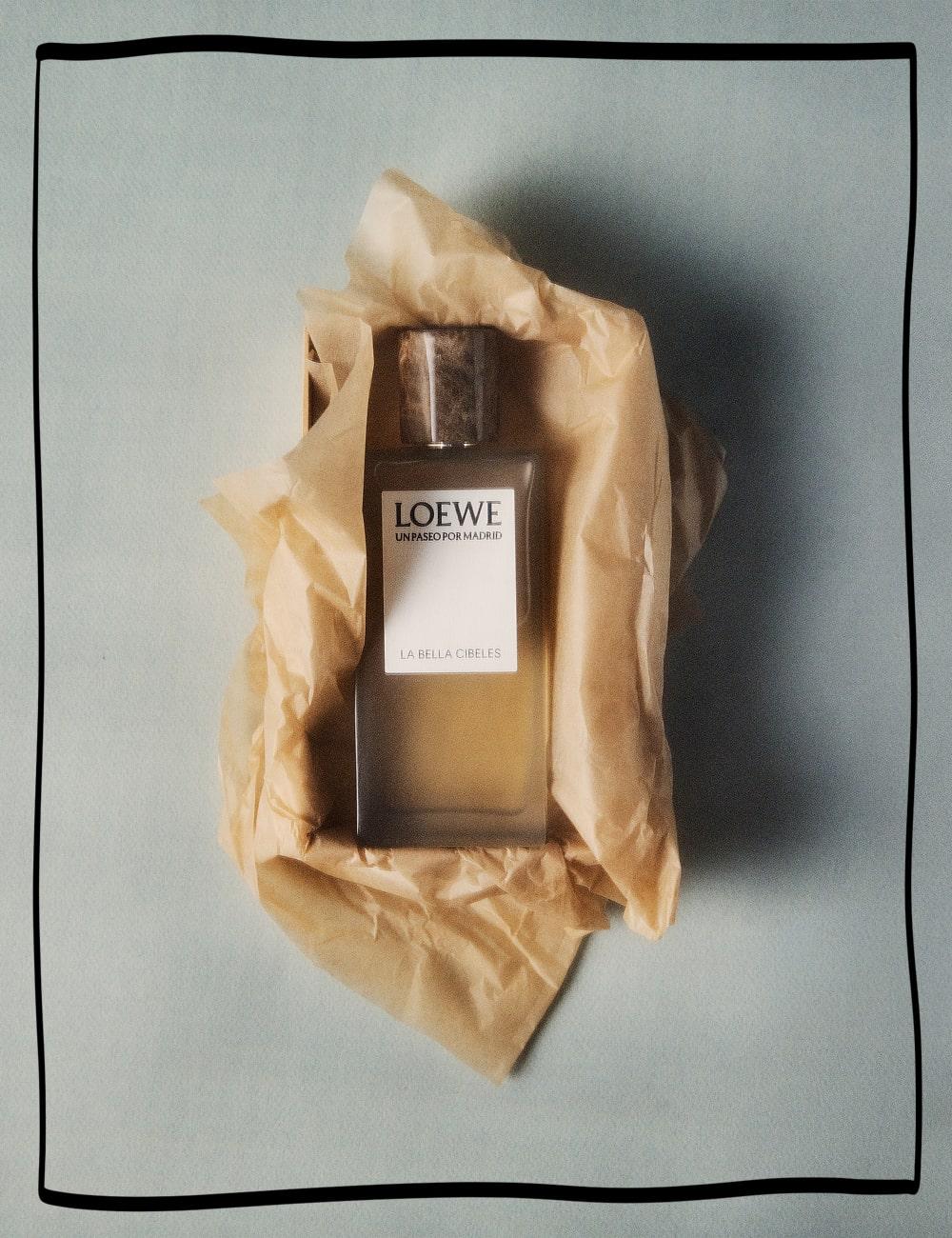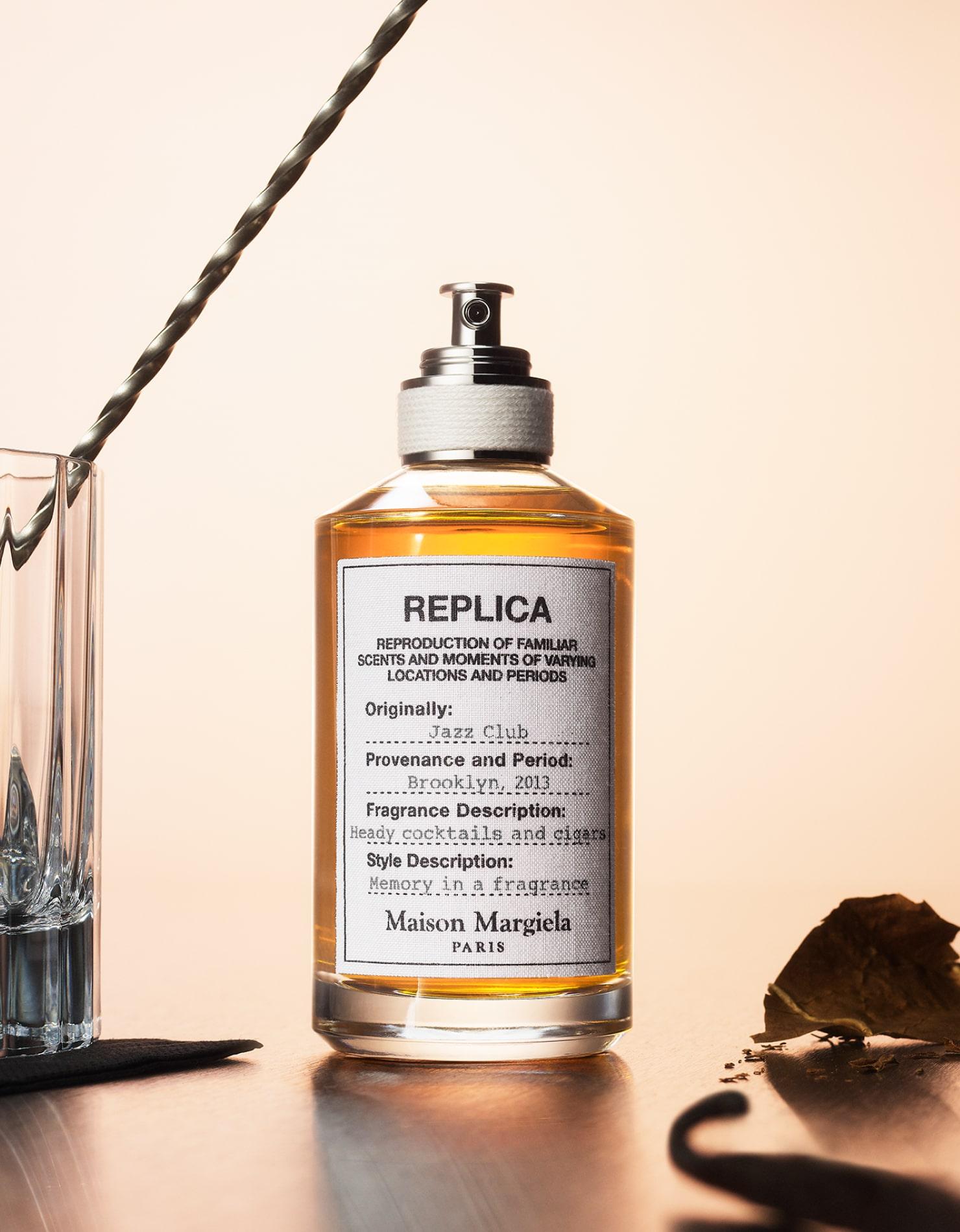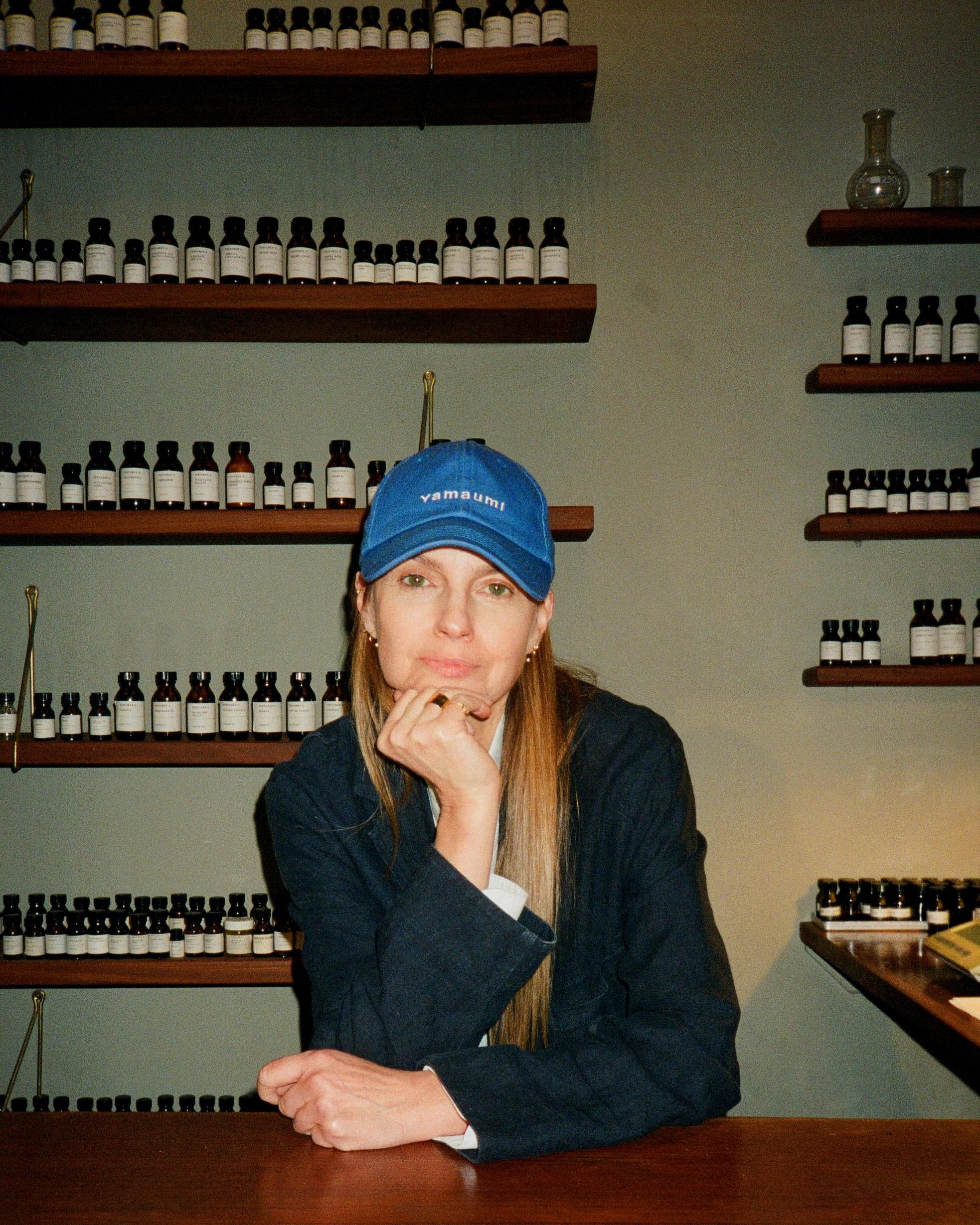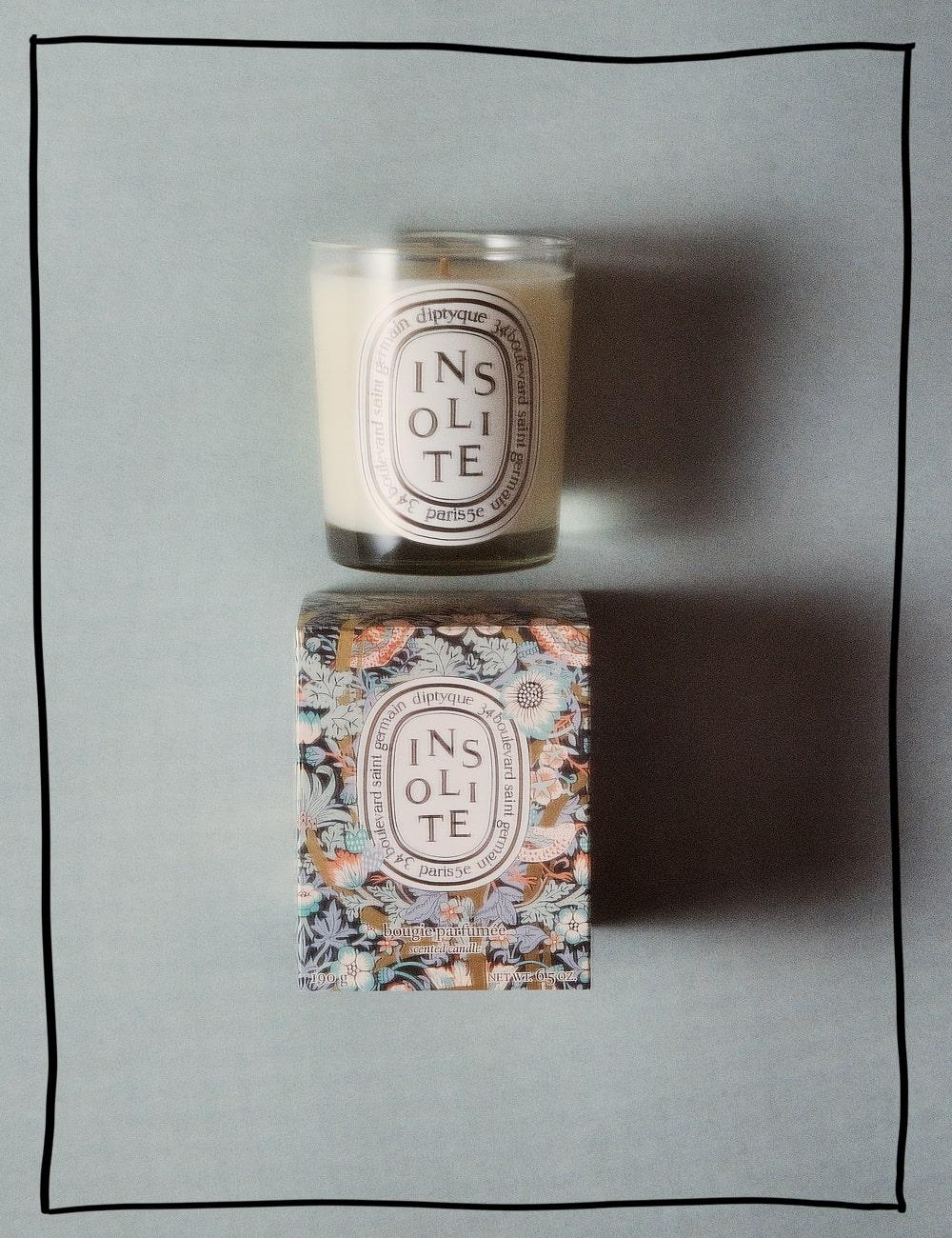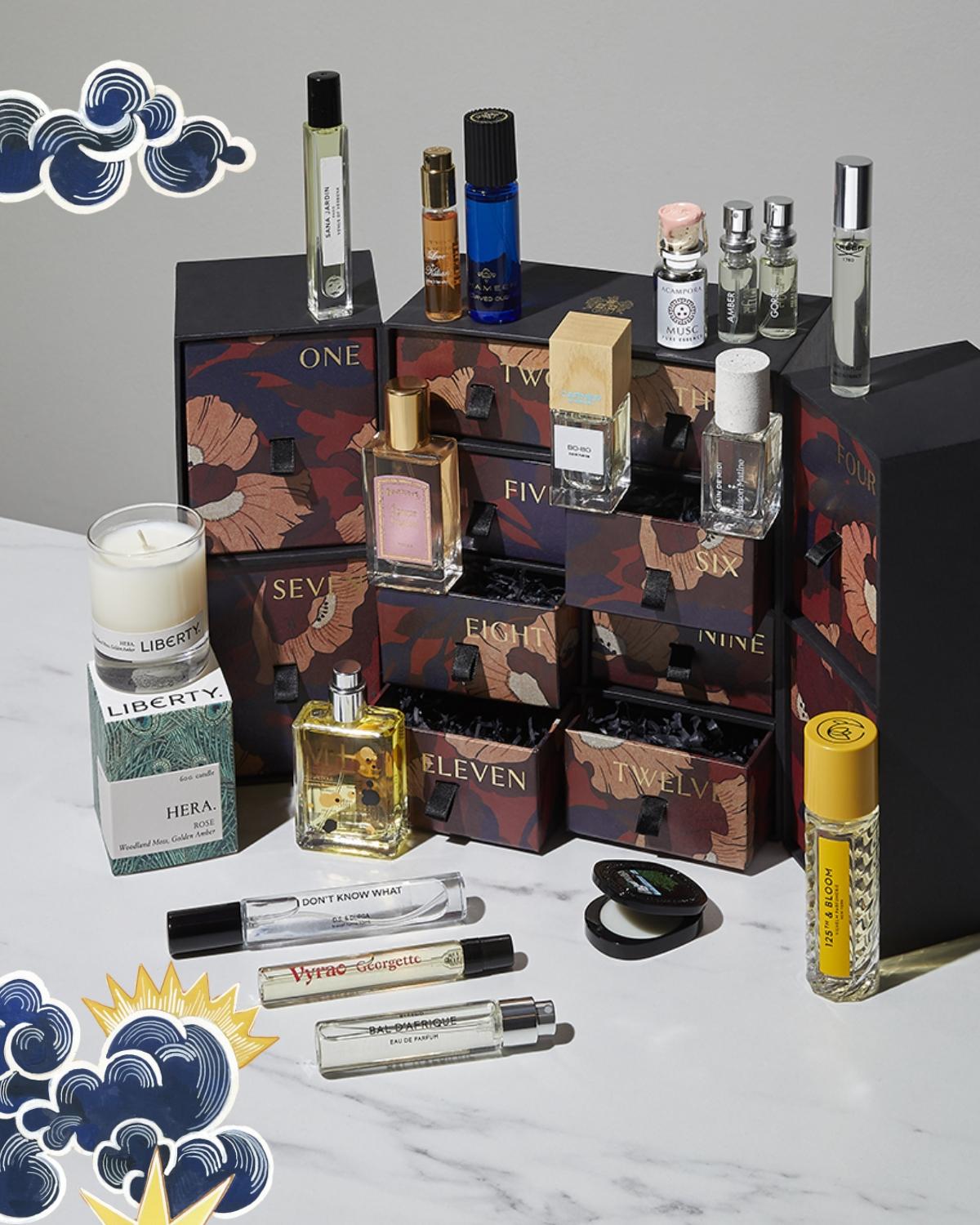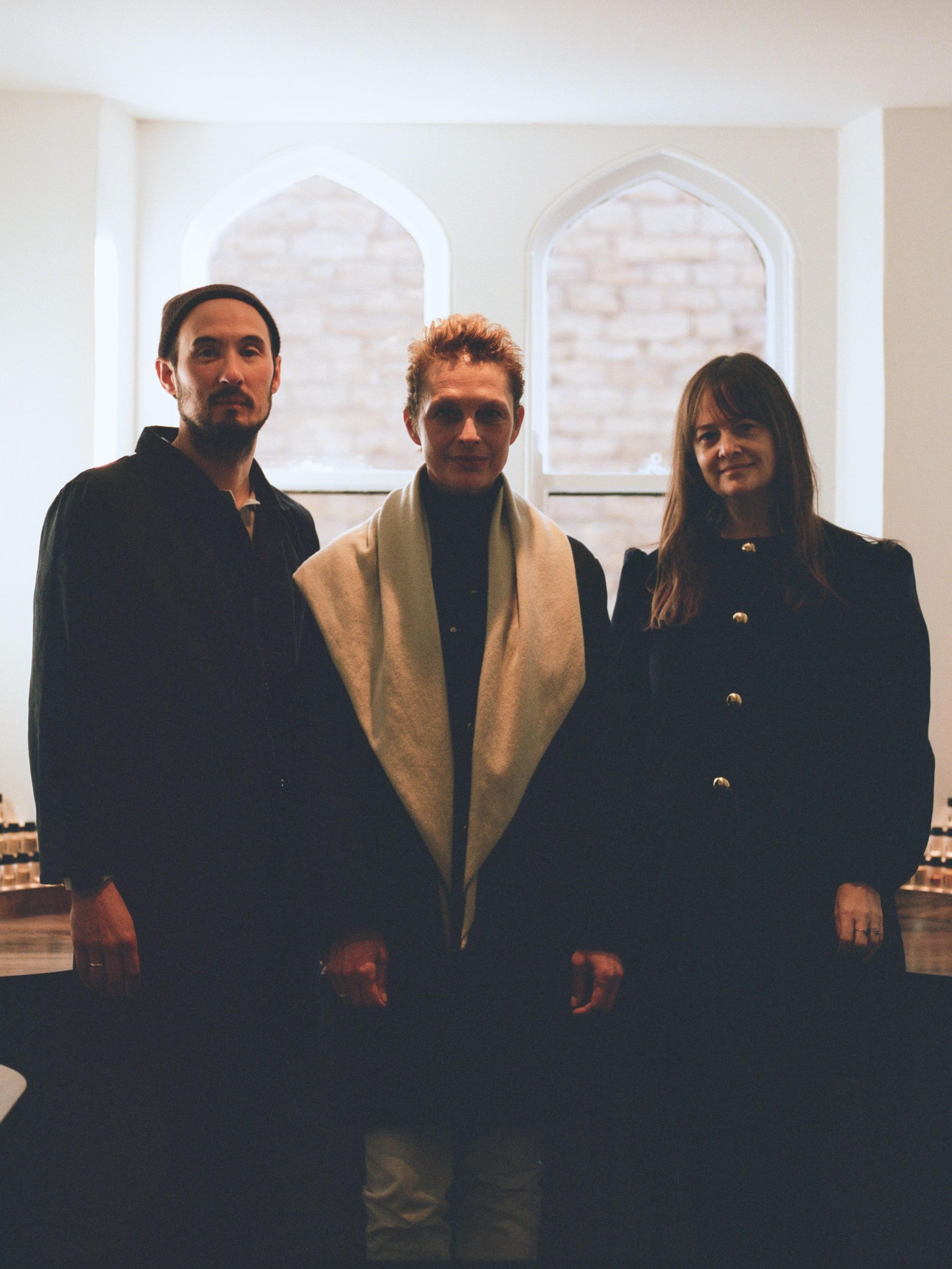Venn's Brian Oh on Microbiome Skincare
Tackle chronic skin concerns by boosting good bacteria, armed with tips from the Korean skin care expert and VENN’s first-of-its-kind Cica complex
Read more
Microbiome Skin Care
Tackle chronic skin concerns by boosting good bacteria, armed with tips from the Korean skin care expert and VENN’s first-of-its-kind Cica complex
Shop nowMicrobiome is a buzzword firmly rooted in wellness and widely associated with the gut. But, for hard-to-treat skin concerns like acne, psoriasis and eczema, the therapeutic power of a balanced microbiome isn’t so widely recognised. Sometimes opposed for its slow-burning results and met with scepticism when it comes to skin care, it turns out that “good” bacteria, externally applied, could be just the thing to break an endless cycle of trial and error. Here, VENN co-founder Brian Oh shares his scientific take on prebiotics, probiotics and postbiotics in skin care, and explains that the key to long-term skin treatment is to think holistically…
How are the microbiome and the skin linked?
Our skin’s surface hosts an ecosystem of millions of living microorganisms that constantly communicate with our cells and affect our health and immunity – this is the skin microbiome. It’s the skin’s first line of defence, playing an essential role in protecting against environmental stressors and maintaining the skin’s health and appearance.
How can this lead to developing skin concerns?
Each person is born with a unique microbiome profile, which changes over time due to age, environment and lifestyle. Many studies have shown that the composition of each individual’s skin microbiome, and the imbalance thereof, can cause and affect the severity of non-infectious skin diseases including acne, eczema, psoriasis and rosacea.
What skin symptoms indicate an unhealthy microbiome?
When the skin microbiome becomes unbalanced (when there’s more “harmful” bacteria than “helpful” bacteria), various skin issues can arise – including psoriasis, eczema, atopic dermatitis, acne, rosacea and accelerated skin aging.
What are the benefits of prebiotics, probiotics and postbiotics in skin care?
Using prebiotics, probiotics and postbiotics in skin care essentially aims to restore the skin microbiome balance so that the good bacteria can flourish and thereby keep the skin barrier stronger, hydrated and healthier to support skin’s ability to defend and recover. There’s also evidence to suggest that they play an important regulatory role in skin ageing.
Which other ingredients or formulas complement them in a routine?
First, look for formulas that use both probiotics and prebiotics, as they deliver optimal results when combined together. Lactobacillus, Bacillus, Galactomyces and Saccharomyces ferments and lysates are examples of probiotic ferments that perform well in skin care. Prebiotic ingredients include Levan, Beta-glucan, Xylitol and oligosaccharides.
Second, look for ingredients like peptides, hyaluronic acid, vitamins and Centella Asiatica (Cica) actives, which are postbiotic compatible ingredients that complement probiotic ingredients to help rebalance and reinforce skin’s microbiome and repair, strengthen and hydrate the skin barrier.
Can there be enough microbiome-friendly matter in a skin care product to have a tangible effect on skin?
Absolutely. At VENN we have been researching probiotics, prebiotics and postbiotics derived and cultured using the fermentation processes for kimchi and doenjang—the two most important traditional fermented superfoods in Korea—to inform the creation of our proprietary combination of probiotics, prebiotics and postbiotics, Microbiome Balance System™. As a result, our Probiotics Cica Complex Biome Booster and Synbiotic Defense Mist have achieved microbiome-friendly certification by MyMicrobiome AG, along with our hero product, Age-Reversing All-In-One Concentrate. All three products are clinically proven to deliver visible, comprehensive anti-aging skin benefits.
What other lifestyle tweaks can be made to help boost the microbiome?
We can start with our diet, since it influences which bacteria we cultivate. Taking probiotics and eating fermented food, and cutting down on sugar and sweeteners that may decrease diversity of our gut microbiome, would help boost the microbiome. Also, reducing stress, exercising regularly and avoiding taking unnecessary antibiotics would also help improve the microbiome.
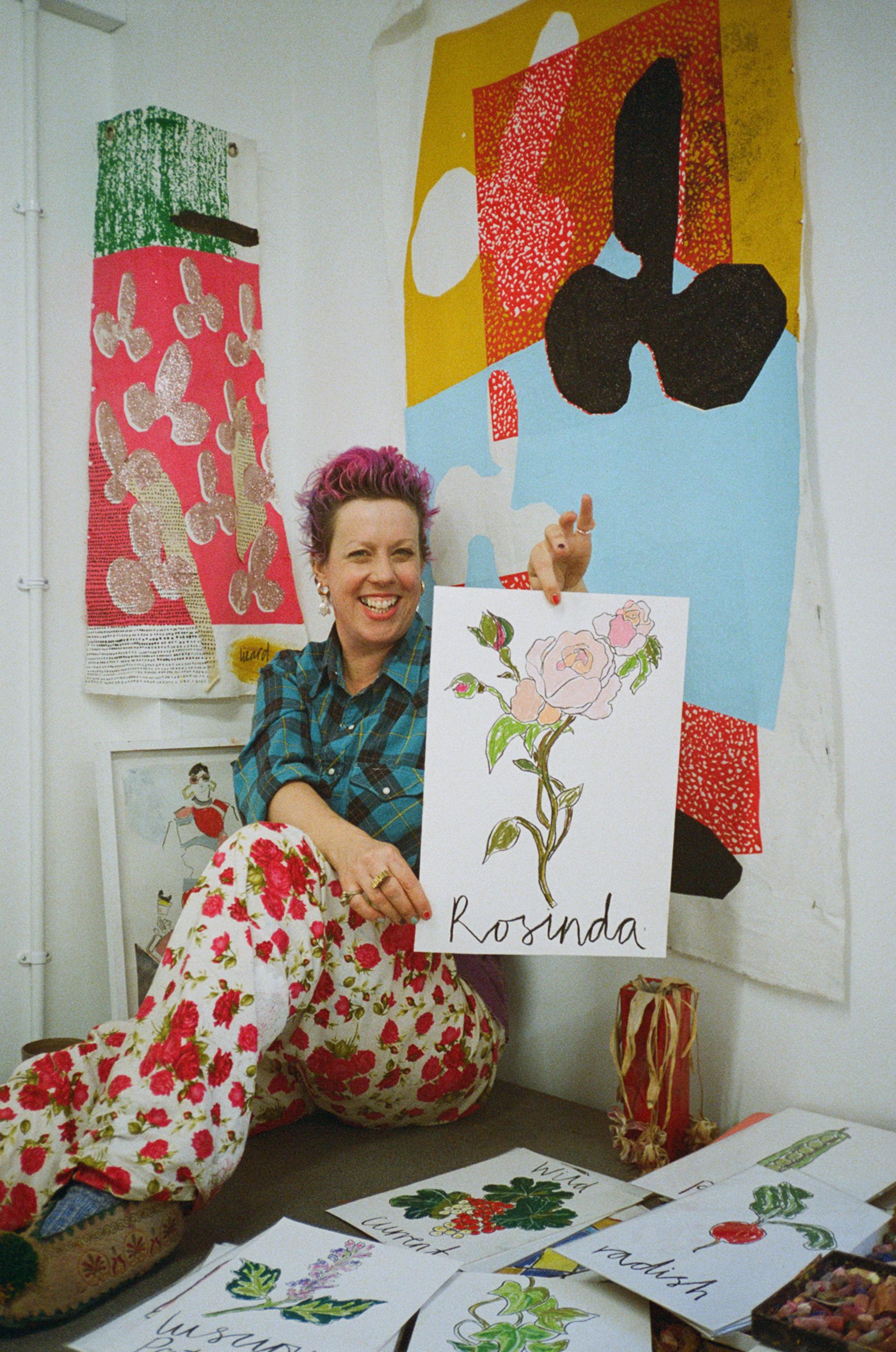
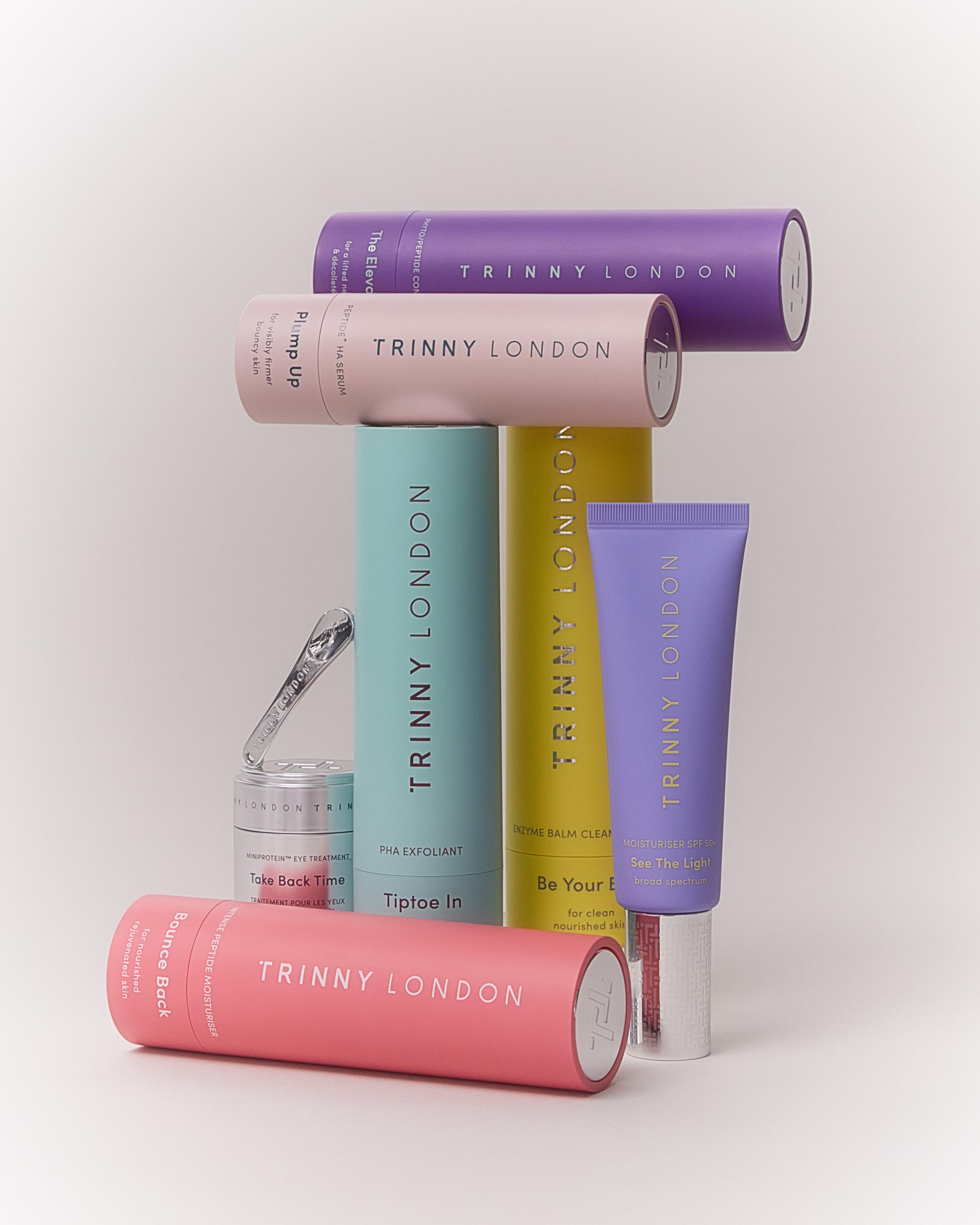

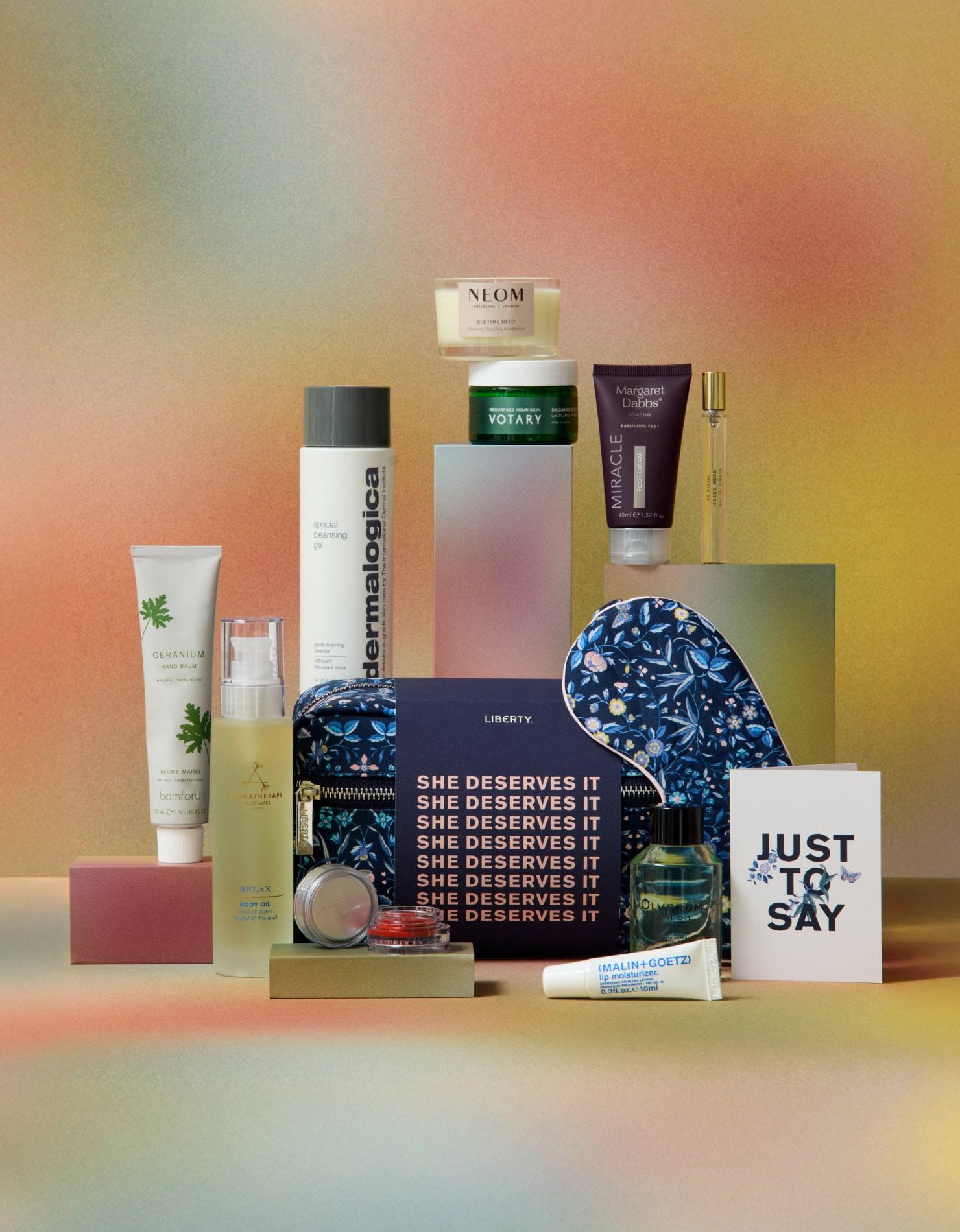
?fmt=auto&qlt=default)
